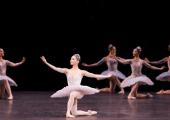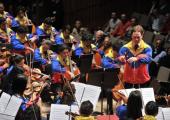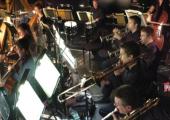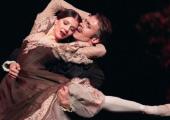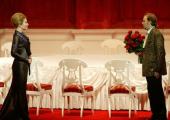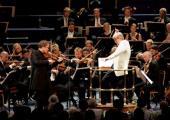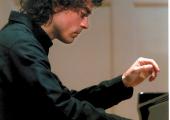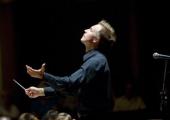In the quest for ever-greater volume, musicians in the pit are suffering
What kind of music damages the ears? Hard rock, most people would think, as they sigh at the tinny noise pumping through their neighbour’s cheap earphones on the Piccadilly Line. Even obsessive ballet fans, the kind who spend their last pennies on a bad amphitheatre seat with atrocious sight lines at Covent Garden because Alina Cojocaru is dancing, might not imagine that for musicians sitting in the orchestra pit, the sweeping curves of The Sleeping Beauty might not be quite so romantic. It’s perhaps more obvious with Aram Khachaturian’s score to Spartacus, the ballet which includes a slave rebellion and a wild orgy. But in both ballets, the problem is the same for musicians: the music is so loud, particularly when performed in the enclosed space of the orchestra pit, that it can damage their hearing.
What kind of music damages the ears? Hard rock, most people would think, as they sigh at the tinny noise pumping through their neighbour’s cheap earphones on the Piccadilly Line. Even obsessive ballet fans, the kind who spend their last pennies on a bad amphitheatre seat with atrocious sight lines at Covent Garden because Alina Cojocaru is dancing, might not imagine that for musicians sitting in the orchestra pit, the sweeping curves of The Sleeping Beauty might not be quite so romantic. It’s perhaps more obvious with Aram Khachaturian’s score to Spartacus, the ballet which includes a slave rebellion and a wild orgy. But in both ballets, the problem is the same for musicians: the music is so loud, particularly when performed in the enclosed space of the orchestra pit, that it can damage their hearing.
